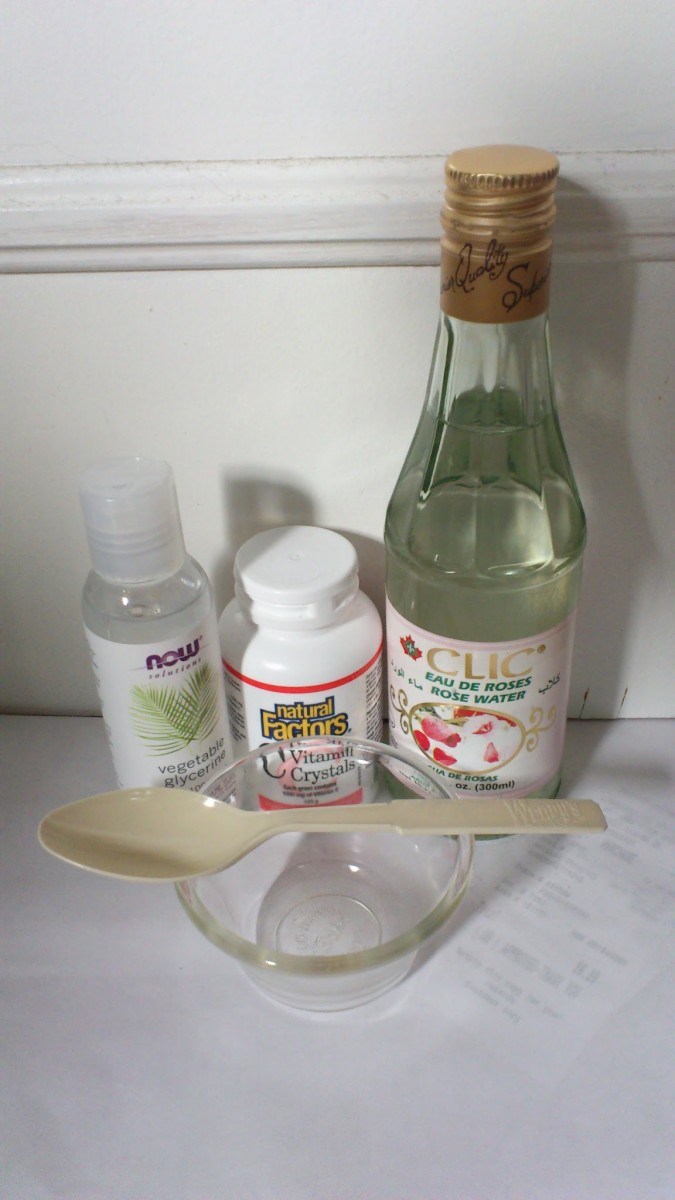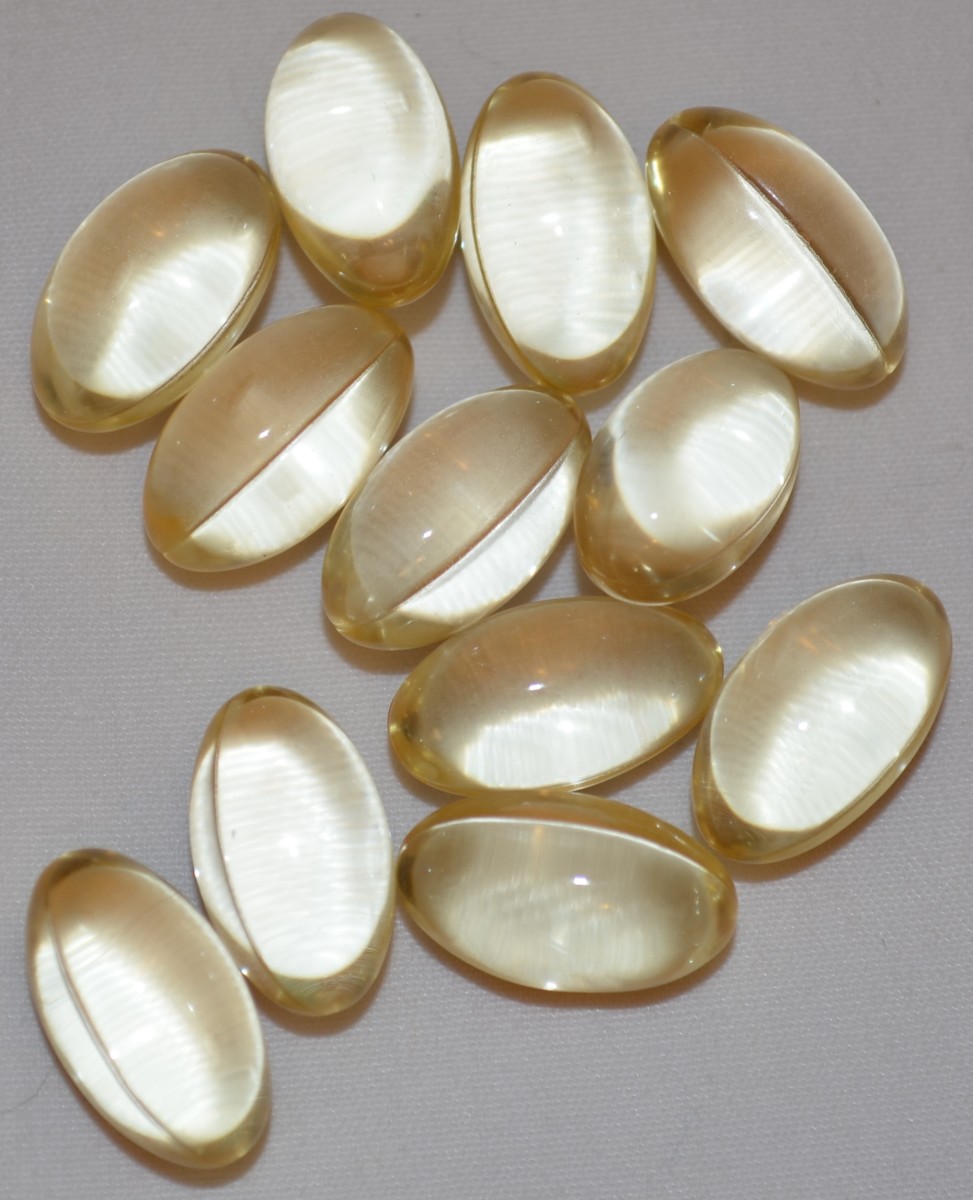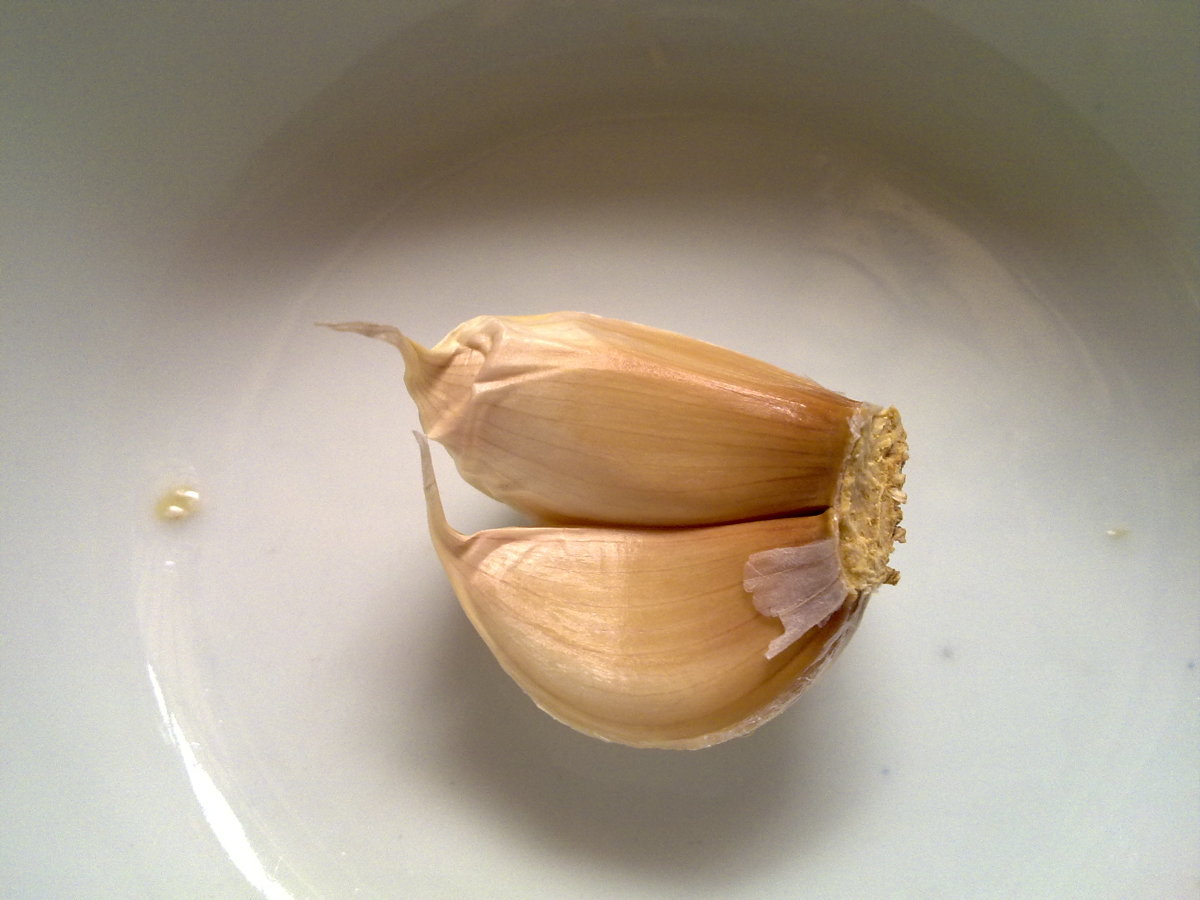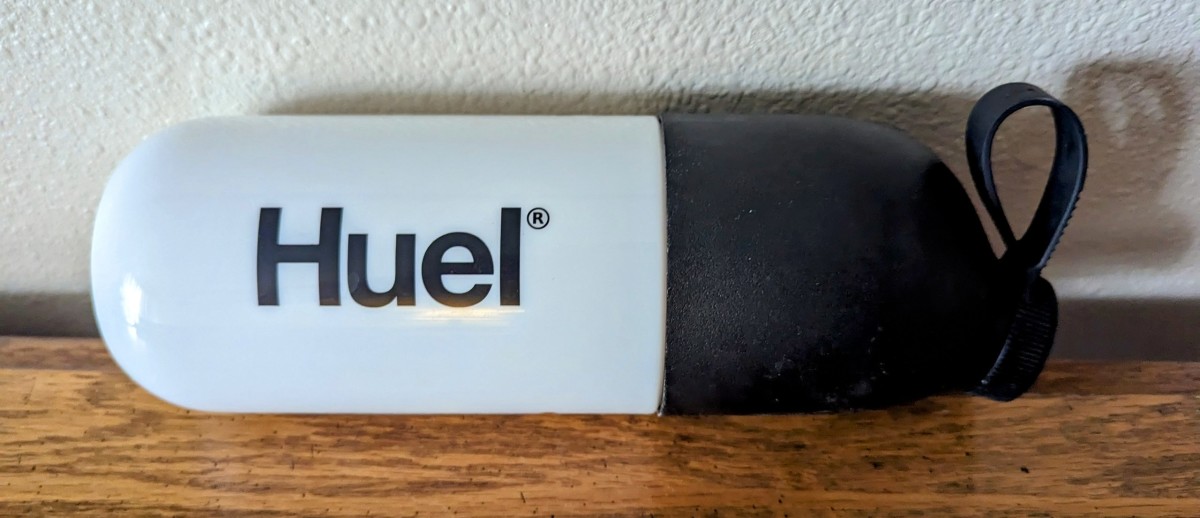Antioxidant Vitamin C
Vitamin C
The Antioxidant Vitamin
- Vitamin C -
vitamin C has come to be known as a "wonder worker" In the 65 years since its discovery, It's easy to see why: In addition to its role in collagen formation and other life-sustaining functions, vitamin C serves as a key immune system nutrient and a potent free-radical fighter. This double-duty nutrient has been shown to prevent many illnesses, from everyday ailments such as the common cold to devastating diseases such as cancer.
vitamin C is known as ascorbic acid (meaning "without scurvy," the disease caused by a vitamin C deficiency). We depend on ascorbic acid for many aspects of our biochemical functioning; yet human beings are among only a handful of animal species that cannot produce their own supply of vitamin C. Like these other animals, including primates and guinea pigs, we have to obtain this nutrient in our diet.
vitamin C reaches every cell of the body. The concentration in both blood serum and tissues is quite high In fact, this nutrient plays a major role in the manufacture and defense of connective tissues, the elaborate matrix that holds the body together. It serves as a primary ingredient of collagen, a glue-like substance that binds cells together to form tissues. It helps the immune system to fight off foreign invaders and tumor cells.
Although vitamin C is found in every cell, it is especially useful in key parts of the body. These include the blood, the skin, the nervous system, the teeth and bones and glands such as the thymus, adrenals and thyroid.
Vitamin C also supports the cardiovascular system by facilitating fat metabolism and protecting tissues from free radical damage, and it assists the nervous system by converting certain amino acids into neurotransmitters.
The skin, teeth and bones also benefit from vitamin C's collagen-forming and invader-resisting properties; it contributes to the maintenance of healthy bones, the prevention of periodontal disease and the healing of wounds
Most of us know collagen as the much-promoted ingredient in our facial moisturizers and hand lotions. But the use of collagen in beauty and skin products only hints at the importance of this protein. The very structure of the body - the skin, bones, teeth, blood vessels, cartilage, tendons and ligaments - depends on collagen. And the integrity of collagen, in tum, depends on vitamin C.
Collagen subunits are formed within fibroblasts as procollagen, which is excreted into extracellular spaces. Vitamin C is required to export the procollagen molecules out of the cell. The final...structure of the collagen is formed after pieces of the procollagen are enzymatically cleaved
As a water-soluble antioxidant, vitamin C is in a unique position to "scavenge" aqueous peroxyl radicals before these destructive substances have a chance to damage the lipids. It works along with vitamin E, a fat-soluble antioxidant, and the enzyme glutathione peroxidase to stop free radical chain reactions.
Vitamin C can enhance the body's resistance to an assortment of diseases, including infectious disorders and many types of cancer. It strengthens and protects the immune system by stimulating the activity of antibodies and immune system cells such as phagocytes and neutrophils.
What Foods are Good Sources of Vitamin C?
Large concentrations of vitamin C can be found in fruits such as oranges, grapefruits, tangerines, lemons, limes, papaya, strawberries and cantaloupe. Vitamin C and bioflavonoids - the watersoluble substances that help to protect your capillaries - are found in the white linings of these and other plants. Many vegetables also pack in vitamin C including tomatoes, broccoli, green and red bell peppers, raw lettuce and other leafy greens.
Vitamin C is absorbed by an active transport system located in the gut and then reabsorbed through the kidneys. Since the absorption mechanisms in the gut and kidneys can reach a saturation point, it is better to take multiple doses of vitamin C throughout the day than one large dose.
Depending on genetics and life-style factors, some people may require more vitamin C than the average healthy adult to prevent the disruption of important biochemical reactions. The elderly, alcohol consumers, diabetics and smokers, for example, tend to be low in vitamin C
Elderly people are known to be lacking in vitamin C, primarily because their diet is poor.
men and women over age 65 need daily doses of 150 mg and 75 to 80 mg, respectively, to maintain a plasma level of 1.0 mg/dl.
Many chronic drinkers lack an adequate level of vitamin C because they tend to eat poorly, a large intake of alcohol can depress the concentration of ascorbic acid in plasma and increase urinary excretion of vitamin C. Therefore, one study suggests that doses of vitamin C - at 500 to 1,000 mg per day can aid in the treatment of alcoholism.
The tissues and organs of diabetics may be deprived of vitamin C, requiring them to consume more of the nutrient than does the average person. Vitamin C must compete with glucose to reach the tissues and organs through a common cellular transport system. An insufficient supply of insulin also can inhibit the transport of vitamin C to cells that require insulin for their glucose uptake.
The blood levels of vitamin C may be low in workers who are exposed to occupational pollutants such as lead and coal tar.
cigarette smoke has a negative impact on the metabolism of vitamin C. people who smoke have a much lower level of ascorbic acid in the blood than do nonsmokers. While the Food and Nutrition Board recommends that smokers consume 100 mg of vitamin C a day, they may need 200 mg or more to maintain the same concentration of serum ascorbate as a nonsmoker who gets 60 mg of vitamin C per day.
How Does Vitamin C Aid the Immune System Defenses?
Vitamin C assists the immune system in two of its primary functions to rid the body of foreign invaders and to monitor the systems for any sign of tumor cells. It accomplishes these vital tasks by stimulating the production of white blood cells, primarily neutrophils, which attack foreign antigens such as bacteria and viruses. It also boosts the body's production of both antibodies and interferon, the protein that helps protect us from viral invaders and cancer cells
As a constituent of collagen, vitamin C may contribute to our immune defenses in an even more fundamental way: our skin and the epithelial lining of the body's orifices, both of which contain collagen, serve as our first line of defense against foreign invaders. They prevent these invaders from entering the body in the first place, where the immune system would have to go to war against them.
Beyond that, vitamin C acts against the toxic, mutagenic and carcinogenic effects of environmental pollutants by stimulating liver detoxifying enzymes. It also stimulates the production of PGE1, a prostaglandin which assists lymphocytes, the defender cells in our immune system.
The immune system process called phagocytosis, in which certain cells "eat" invading bacteria, is stimulated by vitamin C. In addition, the nutrient may reduce the suppressor activity of the mononuclear leukocytes, which weakens the overall effectiveness of the immune system
Vitamin C protects the DNA of the cells from the damage caused by free radicals and mutagens, it prevents harmful genetic alterations within cells and protects lymphocytes from mutations to the chromosomes. Vitamin C may be especially important in this day and age of widespread environmental pollution because it combats the effects of many such toxins, including ozone, carbon monoxide, hydrocarbons, pesticides and heavy metals.
It appears that vitamin C fights off these pollutants by stimulating enzymes in the liver that detoxify the body. Another way in which vitamin C protects us is by preventing the development of nitrosamines, the cancer-causing chemicals that stem from the nitrates contained in many foods.
Vitamin C prevents free radical damage in the lungs and may even help to protect the central nervous system from such damage
As an antioxidant, vitamin C's primary role is to neutralize free radicals. Since ascorbic acid is water soluble, it can work both inside and outside the cells to combat free radical damage. As explained earlier, free radicals will seek out an electron to regain their stability. Vitamin C is an excellent source of electrons; therefore, it "can donate electrons to free radicals such as hydroxyl and superoxide radicals and quench their reactivity,"
The versatile vitamin C also works along with glutathione peroxidase (a major free radical-fighting enzyme) to revitalize vitamin E, a fat-soluble antioxidant. In addition to its work as a direct scavenger of free radicals in fluids, then, vitamin C also contributes to the antioxidant activity in the lipids.
As an antioxidant and a constituent of collagen, vitamin C may play a number of roles in maintaining cardiovascular fitness
The fatty plaques that form in blood vessels, called atherosclerosis, are a major contributor to heart disease, Vitamin C may prevent this plaque formation by inhibiting the oxidative modification of low density lipoproteins (LDLs
Beyond that, vitamin C may play a mitigating role in another aspect of atherosclerosis - the buildup and adhesion of platelets on vessel walls
Cataract development As we age, the large concentration of ascorbic acid in the optic lens beings to decline. At the same time, the risk of developing a cataract increases, in part from oxidative damage to the lens protein. As an antioxidant, vitamin C can defend the lens by hindering the destructive process of lipid photoperoxidation, which clouds the vision
Vitamin C can do much to enhance the body's absorption of iron, especially the "nonheme" variety found in plants and drinking water ("heme" iron comes from meat).
vitamin C can help to ward off bacterial infection and maintain periodontal health. Vitamin C may accomplish this task in several ways, including the stimulation of leukocyte and neutrophil chemotaxis and bactericidal activity
As we age, both the density of our bones and our level of vitamin C begin to decrease. While a number of factors contribute to osteoporosis (the loss of bone), a person's vitamin C status also is related to the maintenance of healthy bones. In fact, vitamin C may directly impact the growth of bone cells, above and beyond its call of duty in forming collagen.
As an antioxidant, vitamin C can rejuvenate vitamin E, making it an indirect contributor to the fight against free radical damage in the lipids. It's not surprising, then, that these two nutrients can be effective partners in reducing the destructive process of lipid peroxidation. Together, vitamins C and E can help to prevent the blood from clotting, a condition that contributes to the risk of stroke This combination may offer protection against cataracts as well
vitamin C has been blamed however for a number of harmful side effects, generating much controversy about the safety of the nutrient. But most of these claims are undeserved. "Apparently, vitamin C has a low order of toxicity, or intoxications would be common. Although large intakes may cause adverse effects in some individuals
Three of the most serious side effects that have been attributed to vitamin C are conditioned scurvy, kidney stones and the destruction of vitamin B12. There is no real clinical evidence to support the idea that vitamin C is responsible for any of these conditions.
One common complaint regarding vitamin C is that it can cause gastrointestinal distress, including cramps, diarrhea and nausea. These symptoms, which are caused by the acidity rather than the ascorbate itself, seem to disappear when a buffered form of vitamin C is taken. In some cases, the chewable form of vitamin C also has led to erosion of dental enamel. In facilitating the absorption of iron, vitamin C can decrease the intake of copper and lead to a "negative copper balance,








